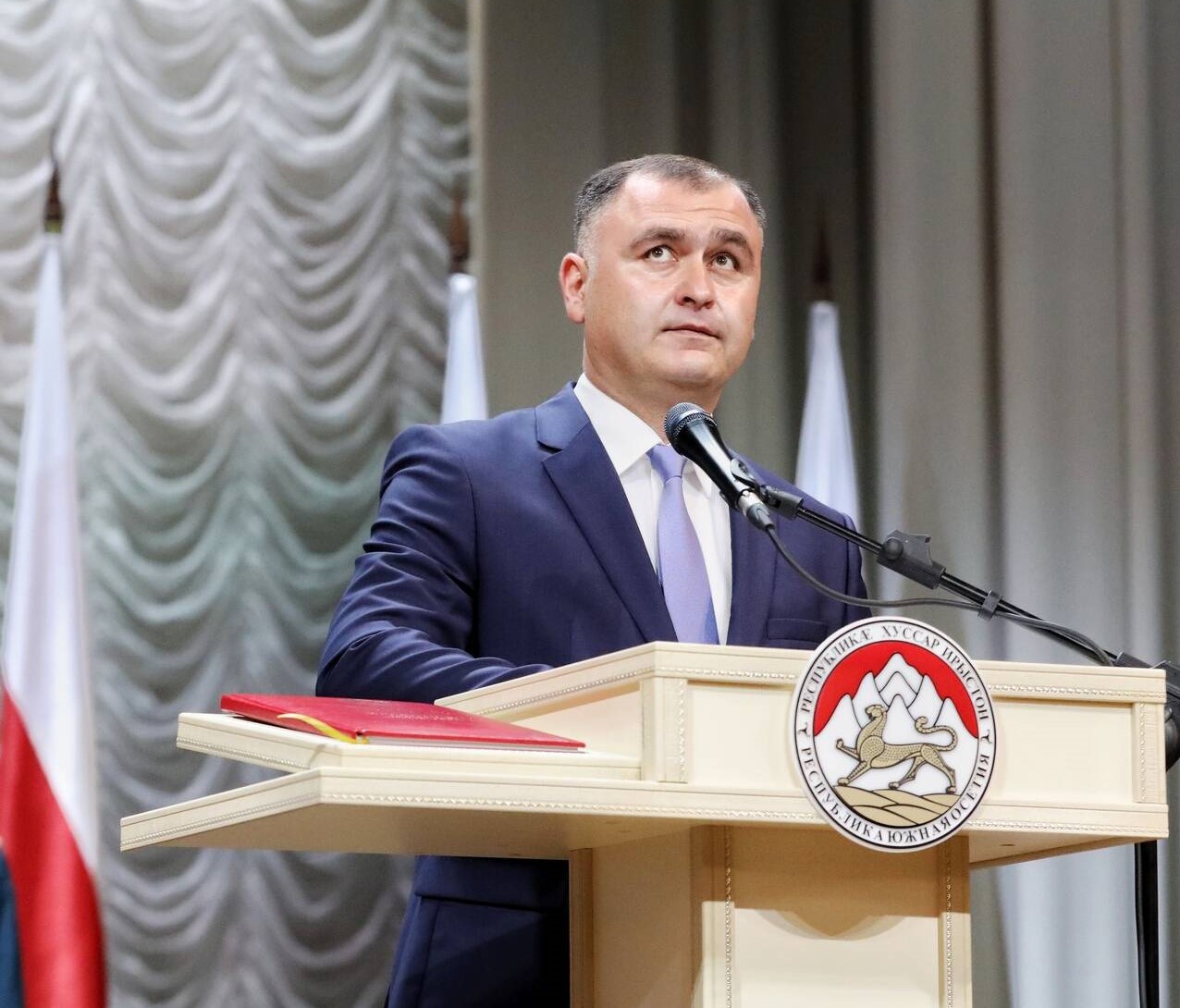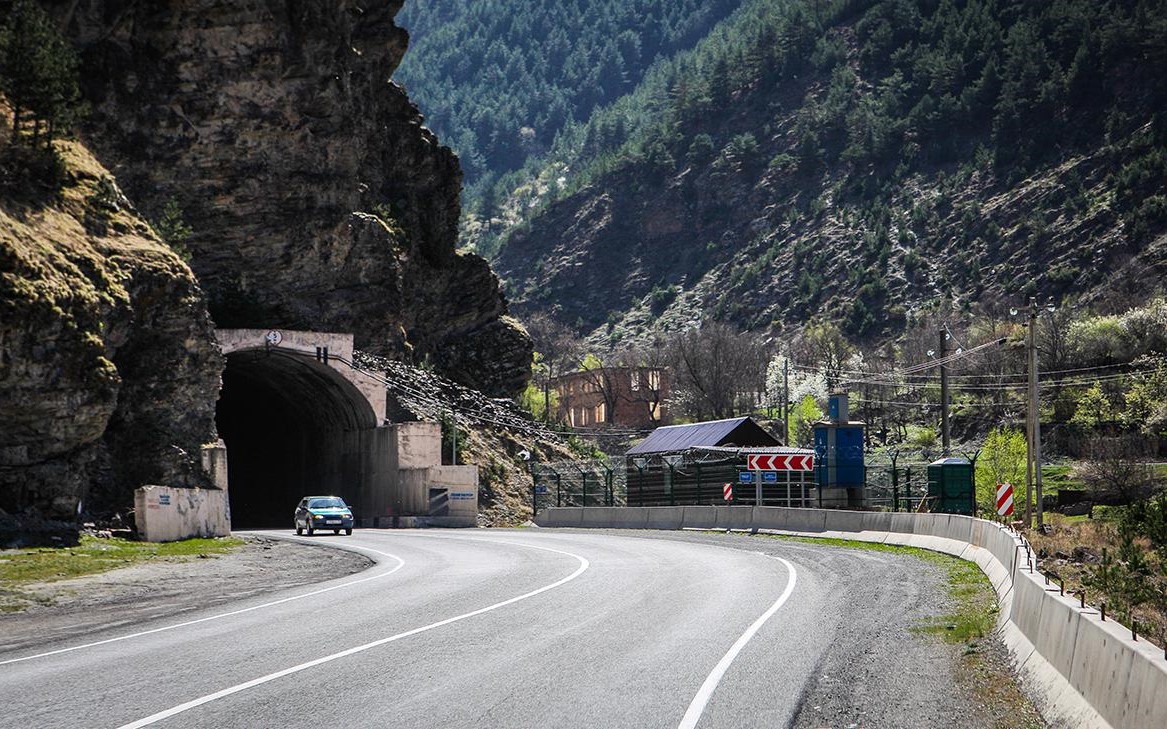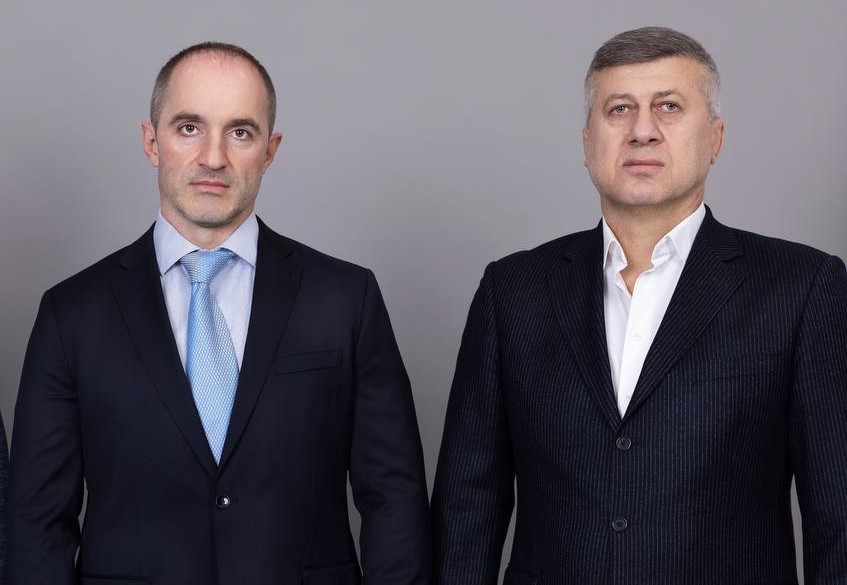One opposition party among four and many newcomers: South Ossetia's Parliament after the elections
South Ossetia’s new Parliament
The Central Election Commission (CEC) of South Ossetia has published the final results of the parliamentary elections held on June 9. While the opposition and the public debate the accuracy of these results, pro-government media have released the new composition of the parliament.
Indeed, it is truly “new” – although the elections did not bring any major surprises and the overall balance of power has not changed much, there will still be many “newcomers” occupying the parliamentary seats for the next four years.
- Disappearing ink and silenced results: how the parliamentary elections in South Ossetia unfolded
- “Moscow insists that South Ossetia refrain from provoking Tbilisi” – Opinion
One opposition party among four
A total of four parties have entered the 34-seat VIII convocation of the South Ossetian parliament.
Among them, only one is opposition – “United Ossetia,” the party of former president Anatoly Bibilov. Despite receiving the most votes, it failed to secure a majority in the parliament. The “United Ossetia” faction will consist of eight deputies, six elected from party lists and only two from single-member districts.
“United Ossetia” plans to sue the Central Election Commission (CEC) and seek a review of the election results. They claim that at one polling station, voters were given pens with erasable ink, thus the results from that station should be annulled.
The ruling party “Nykhas,” on the other hand, did not achieve a constitutional majority: it has six mandates from party lists, and an additional nine deputies from single-member districts will join this faction. Therefore, “Nykhas” will have a total of 15 mandates.
South Ossetia’s new Parliament
The “People’s Party,” which secured five mandates, showed loyalty to the authorities throughout the campaign and directed its criticism solely at its competitor, “United Ossetia.” Thus, the People’s Party faction will not be in opposition and will assist the ruling party “Nykhas.”
The Communist Party, with two mandates, will also not join the opposition. Traditionally, this party does not play an independent role in parliament and supports the president and government.
New faces
Regardless, the composition of the parliament has significantly changed. There are many new faces, primarily single-member district representatives previously unknown to the general public.
While the party list candidates for “Nykhas” include current officials from president Alan Gagloev’s circle, the single-member district representatives allied with “Nykhas” are not experienced politicians. Among the “Nykhas” members is the only woman in the current parliament, Zita Besaeva, who is the party’s chairwoman and a deputy from the two previous convocations.
To win the elections, the current administration maximized its use of administrative resources. As a result, the parliamentary mandates were awarded to officials such as the current head of the presidential administration, Alan Margiev; presidential aide, Alan Pliev; and chairman of the party committee for youth policy and sports, Ruslan Khubezov, among other high-ranking officials.
Perhaps the least known figure in the current parliament is Eldar Akhmedov, an independent candidate who, after winning, announced his support for president Gagloev’s policies and joined “Nykhas.”
Akhmedov, by his own admission, does not meet the residency requirement necessary to be elected as a deputy, and his campaign is remembered not for speeches but for fainting during a televised debate.
Among the deputies re-elected from the previous convocation is independent candidate Ivan Slanov, a businessman who also supports the policies of “Nykhas” and president Alan Gagloev.
The deputies from the “People’s Party” include its chairman, businessman Sergey Kharebov; Robert Tabuev, who was once expelled from South Ossetia due to a conflict with the previous authorities; and one of the veteran deputies, Alexander Pliev. Notably, Kharebov and Pliev were close associates of South Ossetia’s first president, Eduard Kokoity—the same president who once expelled Robert Tabuev. However, for the sake of the parliamentary elections, former opponents have united.
South Ossetia’s new Parliament
Regarding the opposition party “United Ossetia,” there are two “newcomers” among its deputies – Vladimir Pukhaev and Vasily Guliyev.
In 2022, Pukhaev ran for president, but the CEC denied his registration, and the current president, Alan Gagloev, removed him from his position as Minister of Defense.
Vasily Guliev was the deputy chairman of the KGB under the previous administration and was also dismissed by Alan Gagloev. Rumor has it that the president did this purely out of personal dislike.
Meanwhile, it’s not just the dissatisfied “United Ossetia” scrutinizing the election results; ordinary citizens are also actively examining the votes and ballots, finding discrepancies.
Toponyms, terminology, views and opinions expressed by the author are theirs alone and do not necessarily reflect the views and opinions of JAMnews or any employees thereof. JAMnews reserves the right to delete comments it considers to be offensive, inflammatory, threatening or otherwise unacceptable.





















